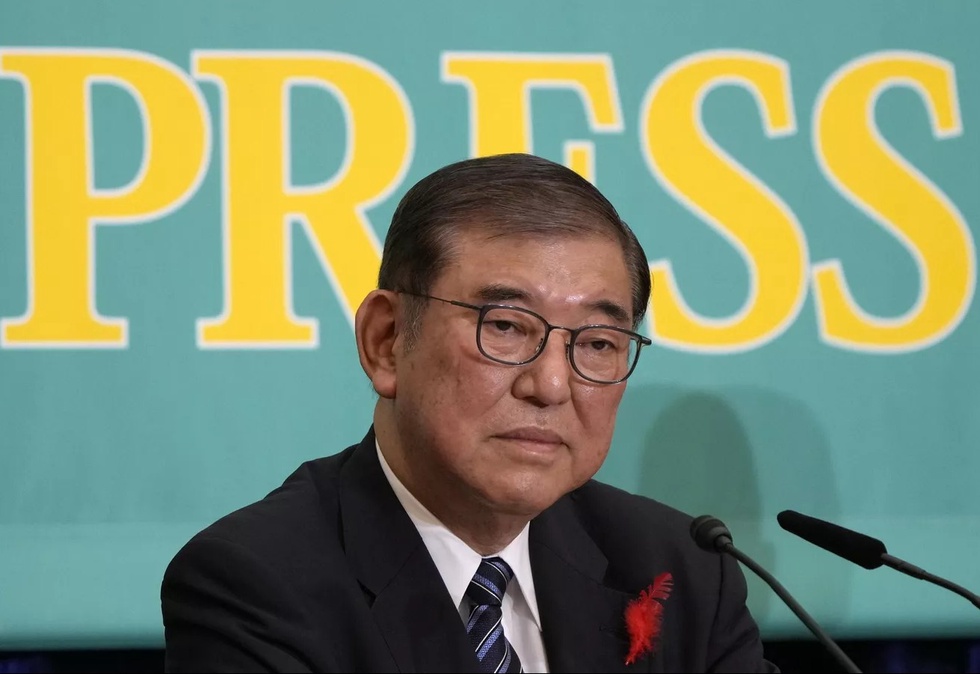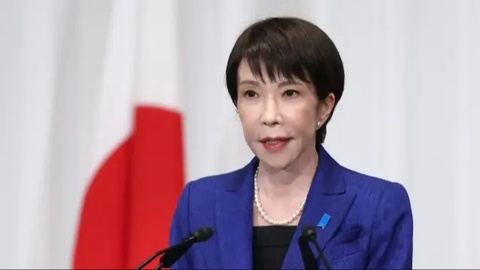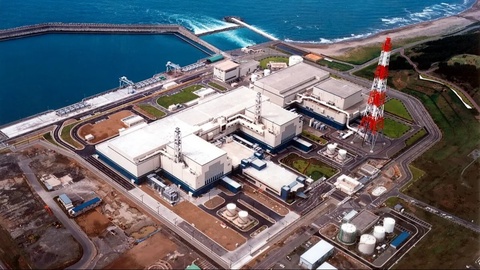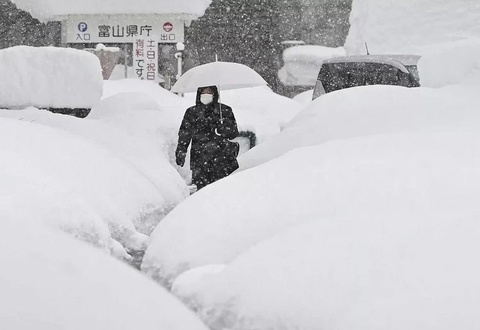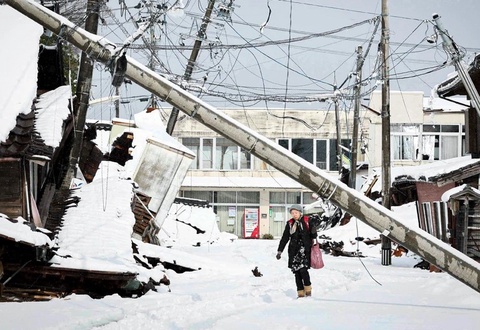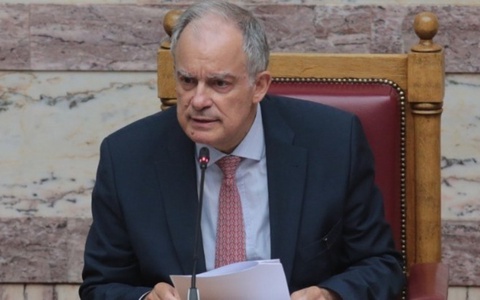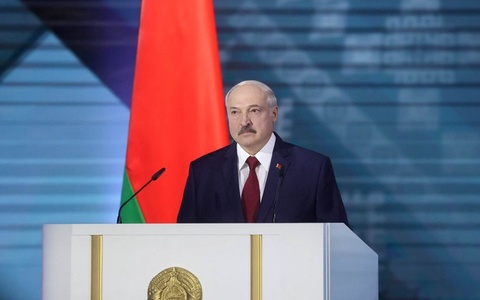In the second round, the current head of government, Shigeru Isiba, and the leader of the main opposition force of the Constitutional Democratic Party, Yoshihiko Noda, competed for the post of prime Minister.
Voting on the election of the prime minister became necessary after the general elections of deputies of the lower house of parliament on October 27. The elections for the ruling coalition of the Liberal Democratic Party and the Komeito Party were a failure: it failed to gain more than half – 233 of the 465 seats in the chamber. The LDP won 197 seats instead of 247, and Komeito won 24 instead of 32. Before the elections, the LDP owned more than half of the 465 seats, which made it possible to expect the leader of his party to be prime minister without resorting to a second round of voting.
In the first round, it was necessary to get half of the votes – 233 out of 465 votes of deputies of the lower house - to be elected. As a result of the first round of voting, Isiba received the votes of his fellow party members and the partner in the ruling coalition of the Komeito party, gaining only 221 votes. The leader of the Constitutional Democratic Party, Yoshihiko Noda, received 151 votes. Thus, for the first time in 30 years since 1994 and for the fourth time in history, the prime minister was not elected during the first round of elections.
Earlier, a vote was held in the upper house. Due to the fact that the ruling coalition has more than half of the seats in the upper house, Shigeru Isiba was elected prime minister in the first round.
Prime Minister Isiba won the LDP leadership election at the end of September, as a result of which he was elected Prime Minister in the first round of voting on October 1, since then the LDP had more than half of the seats in the lower house. After that, he announced his intention to dissolve parliament and hold elections in order to "find out the will of the people." In fact, the elections were needed to correct the rapidly falling rating of the government. Under Isiba's predecessor, former Prime Minister Fumio Kishida, the cabinet's rating dropped to 20%, reports ria.ru.


